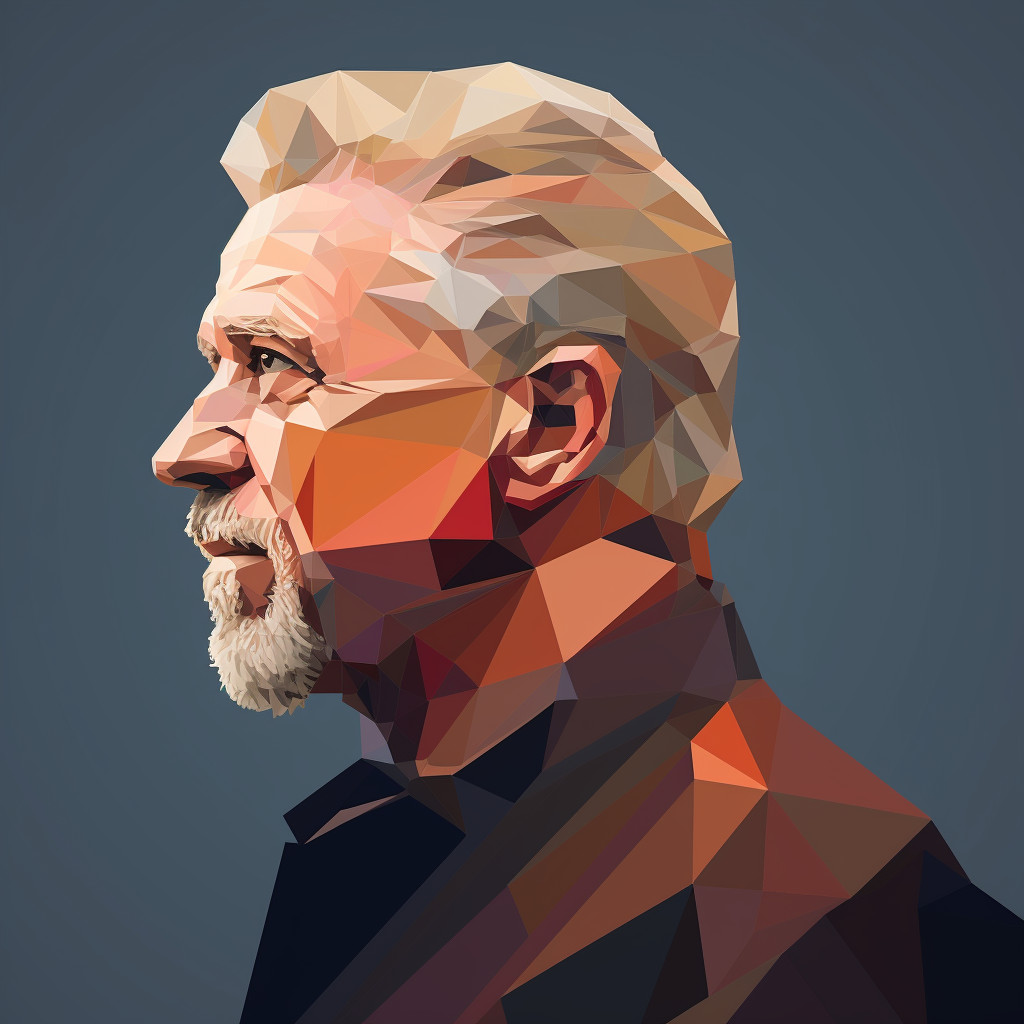This quote, “Plan and execute your first failure so that you no longer have to fear it,” is essentially speaking to the idea that failure is not something to dread or avoid, but rather something to embrace and learn from. It suggests that by intentionally planning for and experiencing failure, we can overcome the fear that often holds us back from taking risks and pushing our boundaries.
The act of planning for failure doesn’t mean setting oneself up for failure, but rather preparing for the possibility of it. This involves understanding that failure is a potential outcome in any endeavor and being mentally, emotionally, and practically prepared for it. By executing this plan, we allow ourselves to experience failure in a controlled, manageable way.
The fear of failure can be paralyzing. It can prevent us from taking chances, trying new things, or stepping out of our comfort zones. However, once we’ve experienced failure and survived it, we realize that it’s not the end of the world. We learn that we can bounce back, learn from our mistakes, and try again. This realization can liberate us from the fear and allow us to pursue our goals more boldly and confidently.
In today’s fast-paced, competitive world, this concept is more relevant than ever. In a society that often values success and stigmatizes failure, it’s easy to develop a fear of failing. However, many of the most successful people in various fields – from business to sports to science – have often failed multiple times before achieving their goals. They view these failures not as setbacks, but as learning opportunities that have contributed to their eventual success.
In terms of personal development, this idea can be incredibly empowering. Instead of avoiding challenges for fear of failing, we can actively seek them out, knowing that even if we don’t succeed, we will learn and grow from the experience. This mindset can help us become more resilient, adaptable, and confident in our abilities to navigate life’s ups and downs. It can also foster a growth mindset, where we view challenges and setbacks as opportunities for learning and development, rather than as threats to our self-worth or competence.








